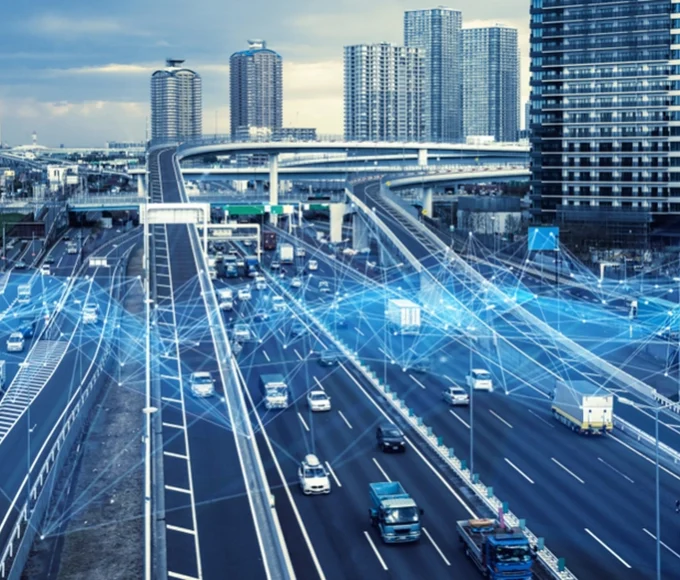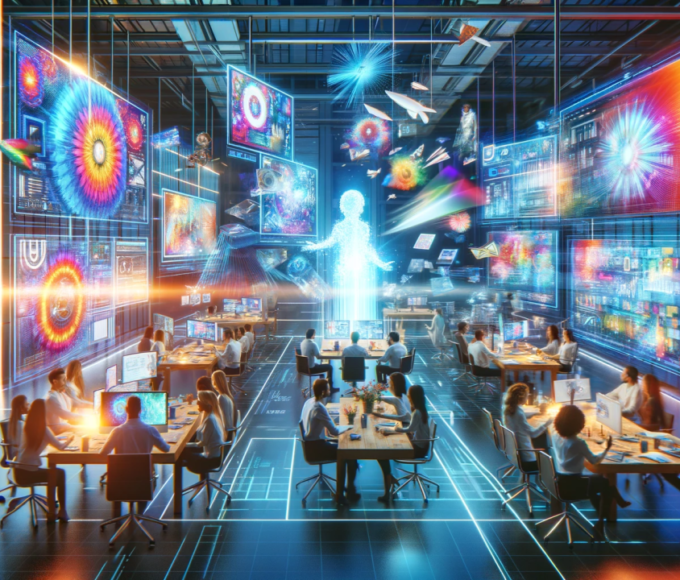Artificial Intelligence (AI) has emerged as a transformative force with the potential to address complex societal challenges. In a country as diverse and dynamic as India, where a multitude of social issues persist, AI is proving to be a powerful tool for positive change. From healthcare to education, agriculture to urban planning, AI applications are being harnessed to create innovative solutions that contribute to social impact.
Healthcare Accessibility:
One of the foremost challenges in India is ensuring healthcare accessibility for its vast population. AI is playing a pivotal role in revolutionizing healthcare delivery. Telemedicine platforms powered by AI algorithms enable remote consultations, diagnosis, and monitoring. Predictive analytics help identify disease outbreaks and allocate resources efficiently. Additionally, AI is aiding in personalized medicine, optimizing treatment plans based on individual patient data.
Education for All:
In a country where educational resources are not uniformly distributed, AI is bridging the gap. Intelligent tutoring systems provide personalized learning experiences, adapting to the pace and style of individual students. AI-driven chatbots assist in addressing student queries, fostering an interactive learning environment. Moreover, AI is being used to analyse educational data to identify trends and improve curriculum design for better learning outcomes.
Agricultural Innovation:
Agriculture is the backbone of India, and AI is enhancing productivity and sustainability in the sector. Precision farming uses AI and data analytics to optimize crop yields by analysing weather patterns, soil health, and crop conditions. AI-powered drones and sensors monitor large agricultural expanses, providing real-time insights to farmers. This technology empowers farmers with actionable data for informed decision-making.
Urban Planning and Smart Cities:
India’s rapid urbanization poses unique challenges in terms of infrastructure and resource management. AI is instrumental in developing smart cities that leverage data for efficient urban planning. Traffic management systems, waste disposal optimization, and energy consumption monitoring are just a few areas where AI is making cities more sustainable and liveable. Predictive modelling helps anticipate and mitigate the impact of urbanization on the environment.
Environmental Conservation:
India faces environmental challenges, including deforestation, pollution, and biodiversity loss. AI is aiding in environmental conservation efforts by analysing vast datasets to track changes in ecosystems. Machine learning algorithms assist in monitoring wildlife populations and identifying potential areas of habitat destruction. AI-powered solutions are crucial for developing sustainable practices that balance economic development with environmental preservation.
AI’s transformative potential for social impact in India is evident across various sectors. By addressing healthcare accessibility, enhancing education, revolutionizing agriculture, optimizing urban planning, and contributing to environmental conservation, AI is proving to be a catalyst for positive change. However, it is essential to ensure that these technologies are ethically deployed, keeping in mind inclusivity, privacy, and fairness.
With responsible implementation, AI can continue to play a pivotal role in overcoming India’s societal challenges and fostering a brighter, more equitable future for all.















Leave a comment